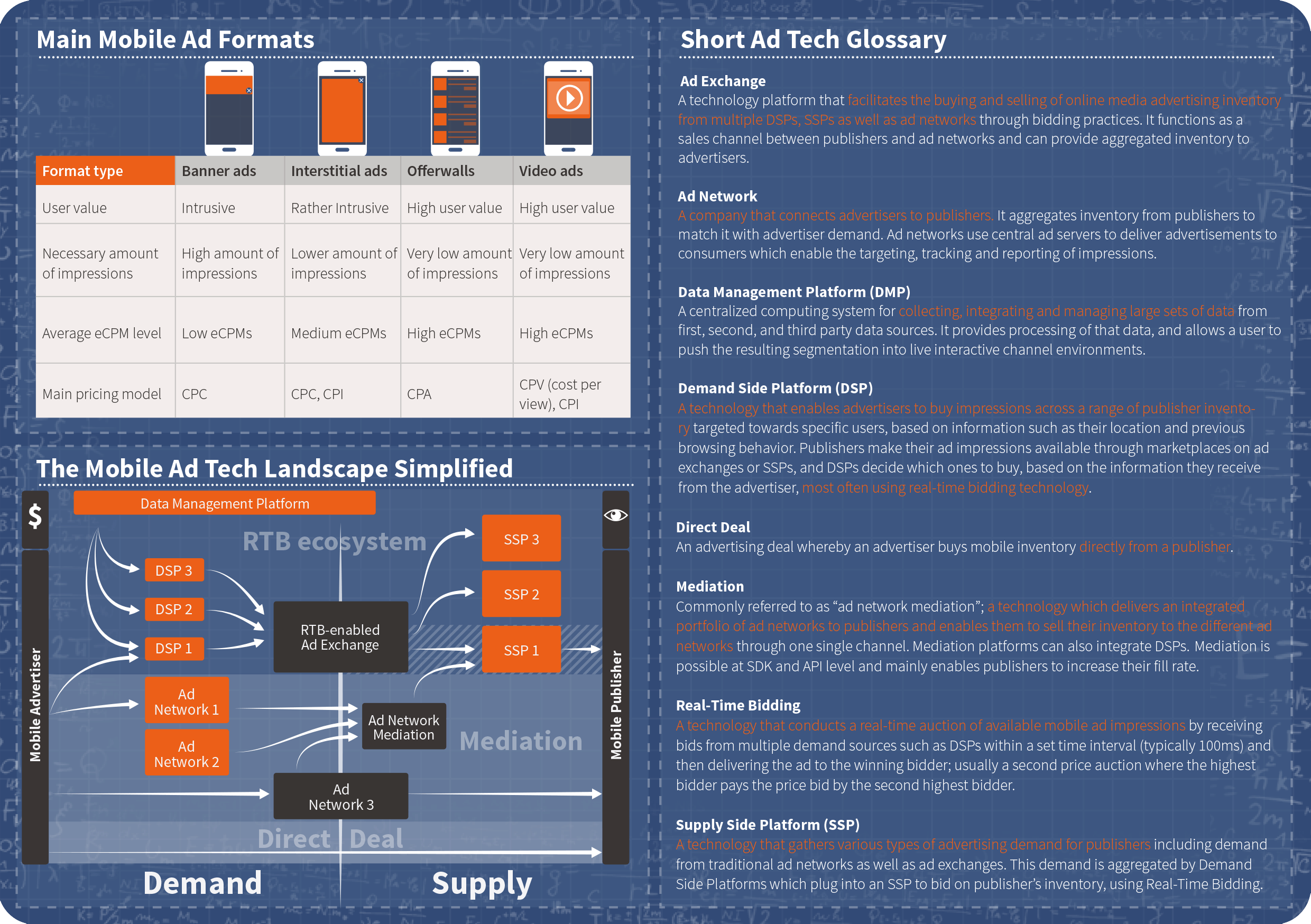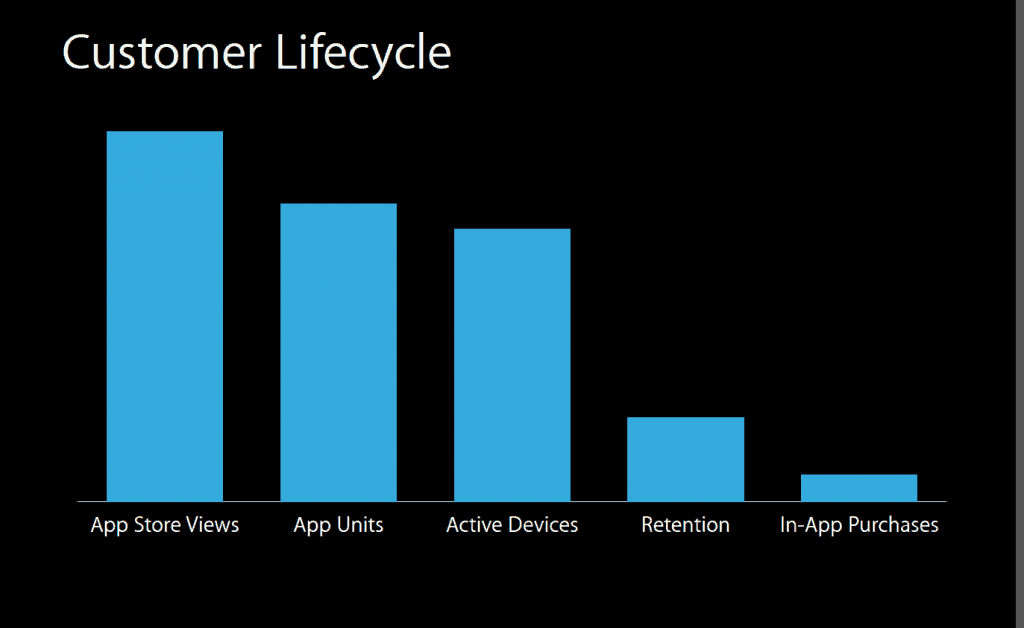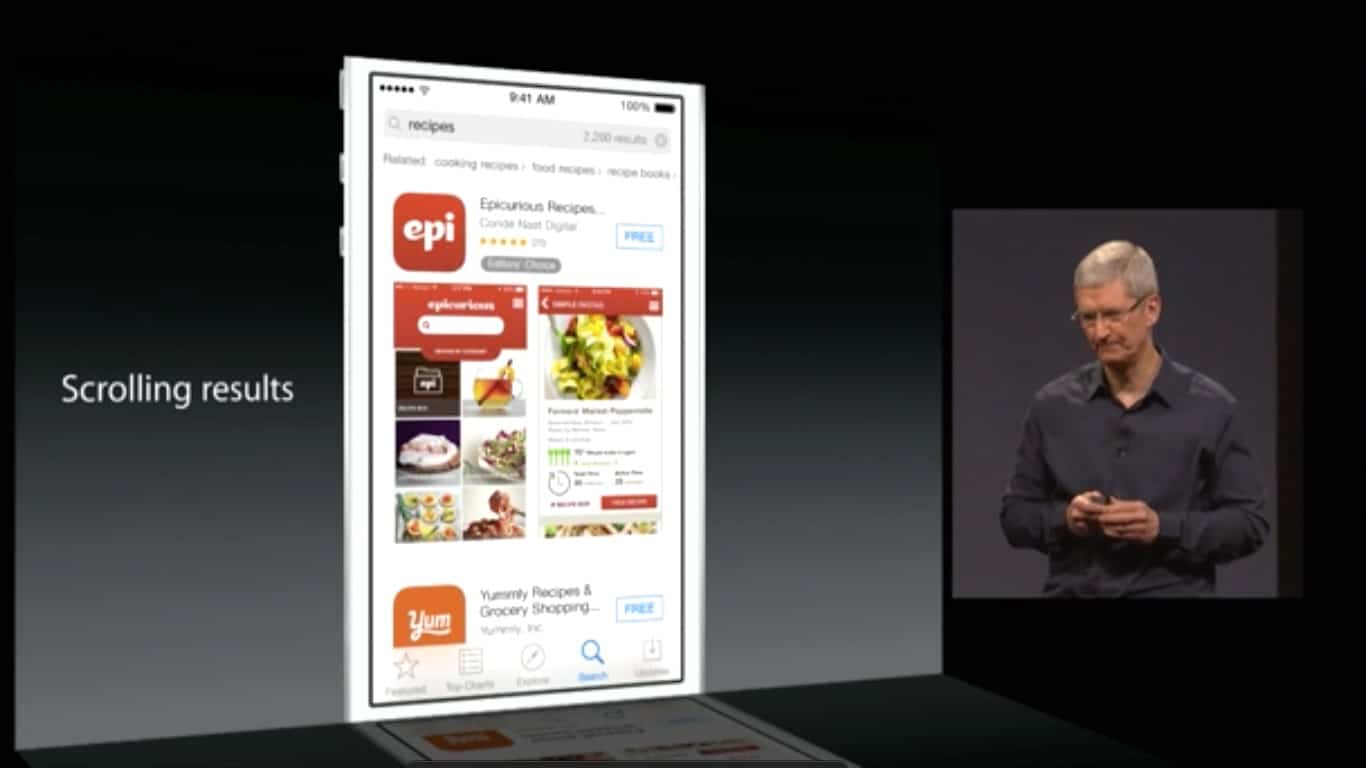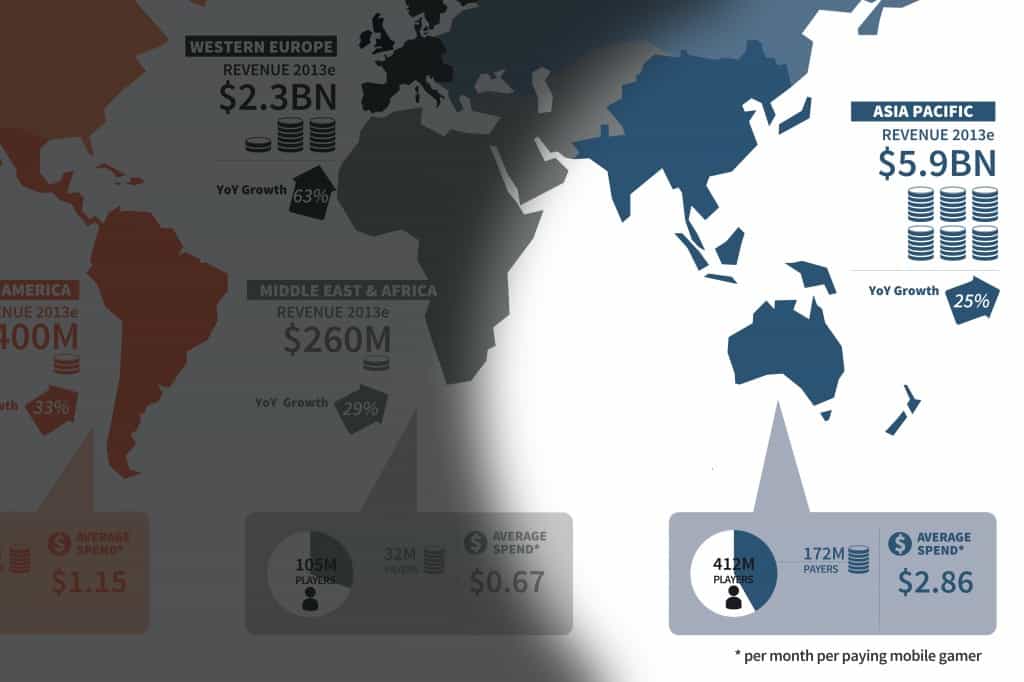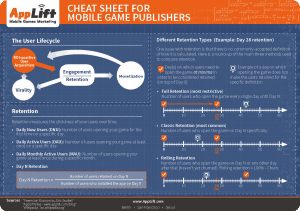Effective retention strategies are the key to successful mobile game monetization. Creating a game, and marketing strategy, which hooks users in and keeps them returning results in good player retention levels and more revenue.
Yesterday PubNative, the first API-based publisher platform 100% focused on native ads, announced that it had raised a 7-digit seed-funding figure from AppLift. We would like to take this opportunity to explain the reasons behind this investment, as well as how it is going to benefit AppLift’s existing clients and partners.
A few weeks ago we published a handy cheat sheet which featured the most important metrics to monitor for mobile game publishers in the fields of user acquisition, retention, engagement and monetization. However, we left out a hugely important part of most mobile publishers’ activity. Advertising. Today, even though the majority out of the overall app revenue comes from in-app purchases, monetizing through virtual items remains extremely hard and on average, only a very small fraction of the user base actually converts. For this reason, in-app advertising, when done right, remains an attractive monetization strategy for all mobile publishers.
A couple of days ago, in our summary of the WWDC14 keynote presentation, we wrongfully stated that we would have liked to see Apple announce more transparency and more advanced analytical features in iTunes Connect. This was without counting on the smaller developer sessions.It turns out, our wish came true as they did announce just that.
Yesterday, Apple held the keynote presentation of its annual WWDC (Worldwide Developers Conference) in San Francisco. The company announced a myriad of new products and features, including iOS 8, the latest edition of the mobile operating system, which will be available to the public later this fall.Overall, Apple’s announcements are quite strong, especially for app developers; for app marketers, Business of Apps nicely summed up the main improvements included in the release.Here, we would like to focus on just a few which we believe will directly impact the life of mobile marketers. Then, as it has also been noted that many of these new features effectively close gaps between iOS and Android (widgets and third-party keyboard integrations in particular), we would like cast a light on a few things that we would like Apple to catch up on in terms of app store marketing.
As presented in our Global Mobile Games Landscape infographic, and with $5.9 billion in revenue in 2013, Asia-Pacific is currently and by far the largest market for mobile games. The Asian mobile games market is also overall very lucrative, with a monthly average spend per paying player of $2.86.
With monetization happening after the install and for a minority of users, the Free-to-Play model presents serious challenges to mobile game publishers, who need to take the whole user lifecycle into account in order to be successful at developing, publishing Continue Reading
What some of the trendiest words in ad tech actually mean.
The mobile ad tech space has only been around for a few years but still long enough to accumulate a clutter of ad tech lingo that leaves newbies and onlookers to the industry equally confused. Sure, you’ve heard these terms before – but do you really know what they mean? If you no longer want to pretend to know but actually want to become clear on what’s behind these fancy acronyms and names, then the following glossary is for you – ranked in decreasing order of buzziness!
A couple of weeks ago, Google updated their Play Store Developer Program Policies with a few substantial changes, notably in terms of app content, app store promotion and advertising. While this is somewhat old news, there are a few points we’d like to focus on more specifically for what they mean for the industry as a whole, and for native advertising in particular.
A few weeks ago the EU Commission made the headlines by investigating apps and games advertised as “free” but containing associated costs in the form of in-app purchase items (IAP). The Commission met with national enforcement authorities as well as large tech companies to discuss consumer concerns over the app economy and published a document summing up their common position on the topic.While the Free-to-Play (F2P) model has now become a mainstream concept for anyone remotely related to the mobile games industry, it is only recently that the European Commission as well as several national authorities started looking for ways to bring more regulation into it.As a mobile games marketing platform working with and in the interest of mobile game publishers on a daily basis, we thought to use this opportunity to take a deeper look into the current state of various F2P regulation policies in the US, in the UK as well as at the European Union Level.United StatesUnited StatesUnited States


